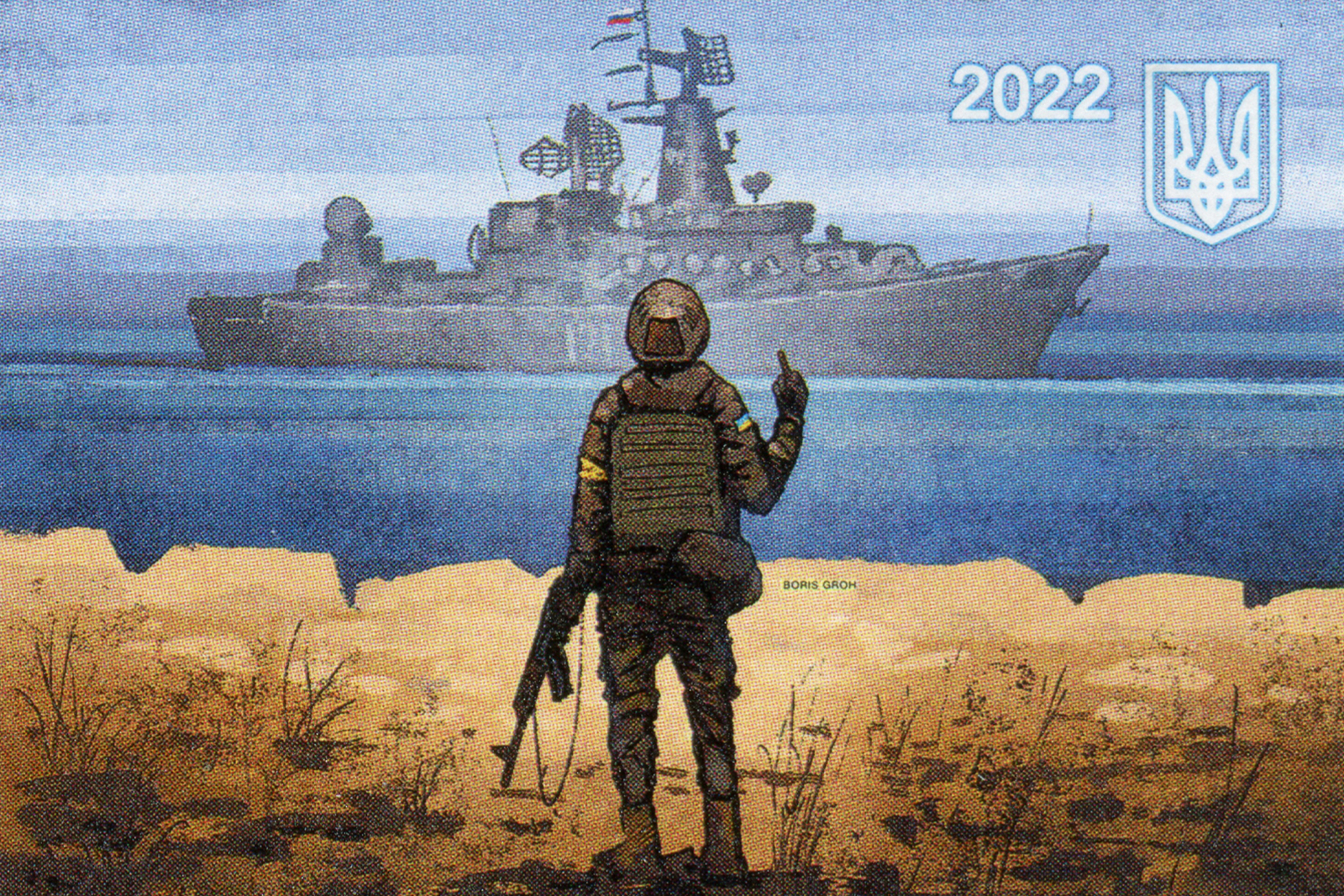
Can the U.S. Prevent Kyiv from Falling to Moscow?
In a geopolitical climate rife with uncertainties, U.S. Secretary of State Antony Blinken has recently made bold assertions regarding the ongoing war in Ukraine. With unequivocal confidence, Blinken has proclaimed that Russia’s perceived inexorable march to overtake Ukraine, including its capital, Kyiv, is a scenario firmly placed in the realm of impossibility. “It is not happening, it’s never going to happen,” he stated during a recent interview, challenging earlier prognostications of an easy Russian victory.
The underpinnings of the conflict have been upended by the unanticipated resilience and tenacity of Ukrainian resistance, bolstered by substantial international support. Blinken articulated, “But thanks to the incredible resistance of the Ukrainian people, and thanks also to the support given to Ukraine by the United States, France, and other countries, Putin’s desire to conquer the whole country, to wipe it off the map, to make it part of a greater Russia, has not materialized and it won’t.”
President Biden’s policy, as illuminated by Blinken, stands firmly on a two-pronged approach: to exhaust all avenues in buttressing Ukraine against the onslaught and to meticulously navigate to avert a direct confrontation with Russia. “We’re doing everything, of course, to avoid this possibility and to avoid a war, a bigger war,” Blinken emphasized. He then elaborated on the critical necessity to back Ukraine amid ongoing Russian advances, which wreak havoc and pose imminent threats not only to Ukraine but to the broader European theatre as well.
“For us, it’s a matter of national interest. It’s not in our interest to have a direct conflict with Russia. I don’t think it’s in the interest of any of the NATO members. But at the same time, there is a determination, a conviction that we must do our utmost to support Ukraine, and do so not only this year, but in the years to come,” Blinken said during that same interview.
Amidst this strategic endeavor, Blinken did not mince words when he warned of “consequences” in the event of a nuclear escalation by Putin, a statement cloaked in diplomatic gravitas but sparse on specifics.
However, the prolongation of the conflict is made increasingly viable by the support Russia garners, particularly from China. The economic sustenance from Beijing to Moscow stands as a formidable barrier to the West’s strategies to curtail the war. This relationship was underscored by Putin’s visit to Beijing in October of last year, where he conferred with Chinese President Xi Jinping.
As per various intelligence sources, the influx of Chinese technological imports has been pivotal in rejuvenating Russia’s defensive capabilities within Ukraine, enabling sustained opposition to Ukrainian counteroffensives, as reported by the Atlantic Council.
“Even as weapons and ammunition pour into Ukraine from NATO countries, they are being counterbalanced by Chinese imports—not of weapons, but of materials vital for Russia’s ability to sustain its continued stubborn efforts to hold onto Ukrainian territory,” writes the Atlantic Council.
Moscow’s resolve to maintain its grip on Ukrainian territories has been unwavering, yet recognition of its own misjudgment regarding Ukraine’s martial prowess and Western solidarity has compelled it to seek reinforcement. The decade-long burgeoning trade and defense ties between China and Russia, while not congealing into a formal alliance, could very well be at a historical inflection point, reshaping their relationship fundamentally, according to experts.
The Council on Foreign Relations has voiced concern regarding this emergent strategic partnership, which has set off alarms within Washington’s power corridors. During a visit to Stockholm, Sweden, U.S. House Foreign Affairs Committee Chairman Michael McCaul (R-TX) projected the emerging China-Russia security alignment as the most significant threat to transatlantic and Pacific stability since World War II. A declaration by Xi Jinping and Vladimir Putin prior to the conflict, avowing their partnership’s boundlessness, further substantiates the strategic depth of their collaboration.
In a televised speech ahead of his meeting with Chinese Gen. Zhang Youxia, Vice Chairman of that country’s Central Military Commission, Putin spoke of partnerships regarding ambitious weapons projects. “I mean space, including high-orbit assets, and new prospective types of weapons that will ensure strategic security of both Russia and the People’s Republic of China,” Putin said at the time.
Concurrently, there is growing scrutiny regarding the attempts by China and Russia to clandestinely procure American technological insights, posing grave national security implications. Their leading strides in advanced hypersonics for armament development starkly contrast with the trailing pace of the U.S. and Europe in this sector.
As the current state of affairs unfolds, it is evident that while the alliance between China and Russia has yet to reach its zenith, the multi-layered cooperation between these two powers could forge a formidable axis. Such an eventuality portends a reconfiguration of the global security landscape, wherein the autonomy of Kyiv could be the linchpin that signals the advent of a new and daunting geopolitical paradigm.

